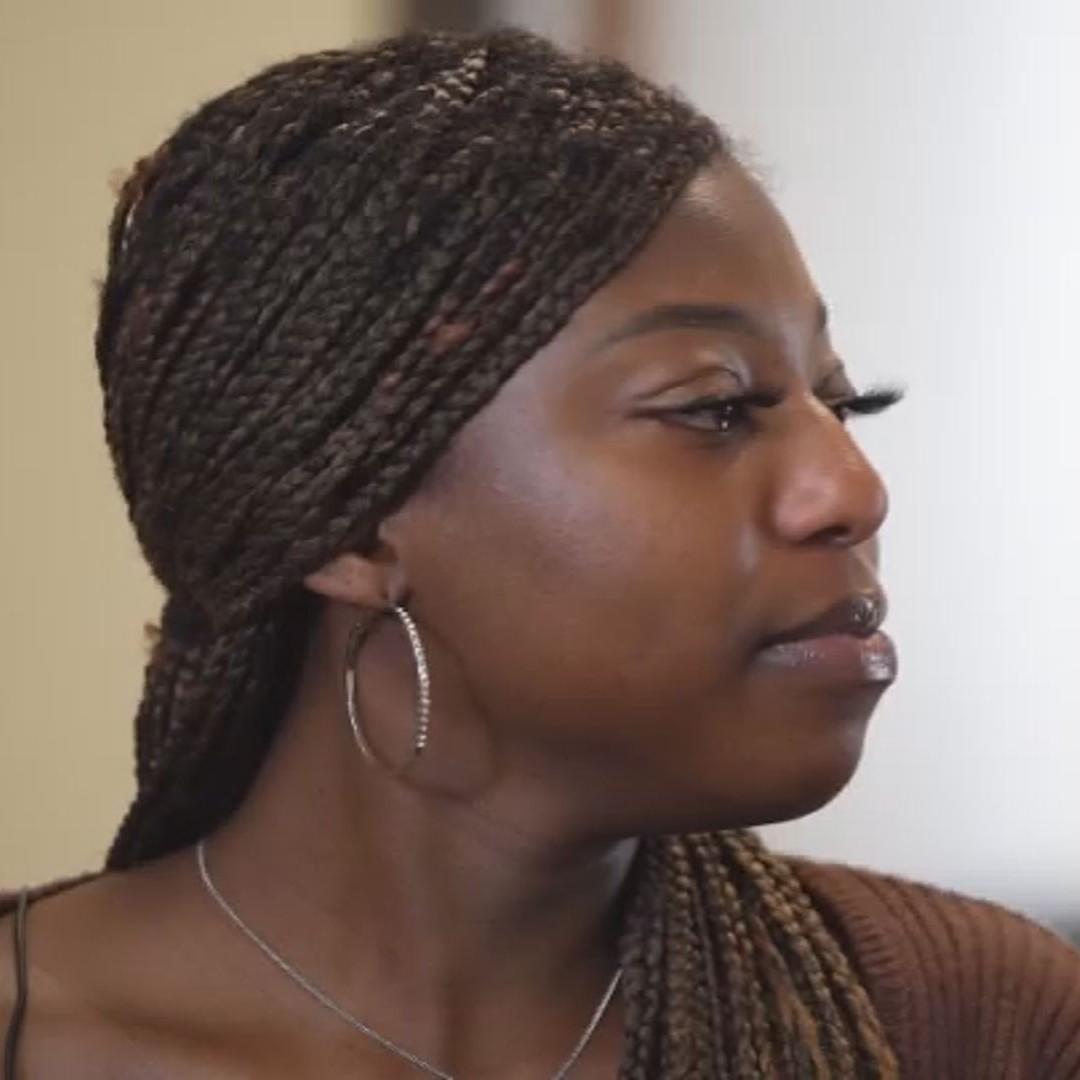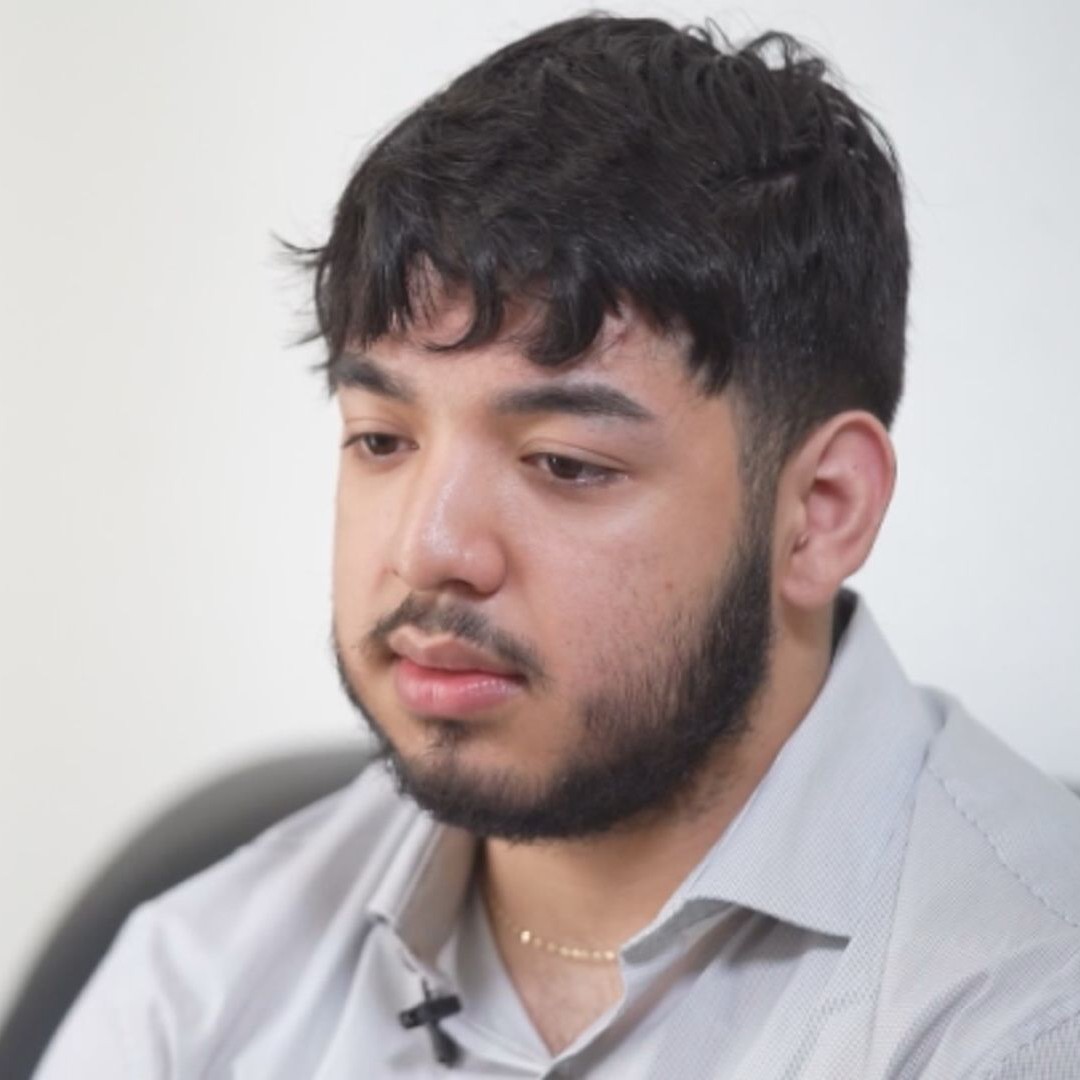DETROIT – Dr. Brandi Pritchett-Johnson is a psychologist and owner of the Diane Morgan Group in Southfield. She sees clients for all different reasons.
“From the experience of the loss of a loved one as we talked about today,” she said. “Significant life change, whether that be a job or school, relational change, divorce, separation, abandonment, incarceration of a parent. My personal favorite, the pursuit of fulfillment.”
“Normalize that mental health is a part of our humanity,” Pritchett-Johnson said.
Detroit public schools provide access to counselors, therapy
Through funding from COVID, every school in the Detroit Public Schools Community District provides students with counselors and individual or group therapy. That’s 82 schools and nearly 50,000 students and their families.
“We know that a human being, whether it’s a child or an adult is much more than their physical body or their academic interests,” said Alycia Merriweather, with DPSCD. “The behavioral health and mental health of a person is part of who they are.”
If the district doesn’t find at least $5 million soon, the money to continue the services will run out in June of next year.
“If the child’s issues stem from a family issue or if maybe the family is an important part of the child working through their issue and we don’t address the family then we really can’t help that child grow like they should,” Merriweather said. “I understand that cliff is coming and that one way or another we will have to figure out what we do to move forward.”
'The behavioral health and mental health of a person is part of who they are'
The need for mental health services is so great at the school-age level that Maya Cobb, the owner of Complete Clarity, said she has had to change her tutoring company’s focus.
“It’s been a battle with the parents to help them to try to understand that yes we do want to focus on the academics however, if we do handle this part as well, we get this better experience,” Cobb said.
Cobb went back to school and is now a licensed therapist, working on her Ph.D. to help the students she sees beyond education.
Chantell Phillips’ story

Chantell Phillips cries when she talks about her late mother.
Her mother died four years ago from cancer. Phillips is still processing that pain.
“I’ve never really talked about it,” she said. “This is really the first time I really sat down and talked about it. Ever.”
Her mother was her best friend and losing her left a huge void.
“Everything was hard. I felt like I didn’t have anybody to talk to,” Phillips said. “I felt like wasn’t anybody. I just felt lonely.”
Eventually, those feelings would overwhelm her and she realized she needed help.
“I saw a therapist my freshman year of college and I saw one because I was crying every day. I was literally going through it. I was in the cafeteria crying,” Phillips said.
For students like Phillips, therapy has made a world of difference. She still misses her mother every single day, but things are looking up.
“I’m OK, I’m good, like I’m mentally OK,” Phillips said. “I’m still going through it.”
She will graduate from college next year.
Josue Vallez’s story

Josue Vallez’s story is different. He struggles with family pressure to be successful as a first-generation college student. For him, seeing a therapist is not that easy.
“I’ve improved, definitely,” Vallez said. “I feel like we’ve all gone through our fair share of difficulties and treacherous roads.”
“At first it was just like the general stigma of ‘oh you don’t need to see a therapist. Just work your 12-14 hour shift. You’ll be fine. Hit the gym! Go on a walk,’” Vallez said.
Even opening up to a stranger and trusting them to keep your personal business private was scary.
Therapy is not a one-time session fix. Some people go through a few sessions, others go for years. It’s up to you.
As for Vallez, he’s gotten over the fear and plans to start seeing a therapist soon.
He will graduate from college next year.
Nation faces shortage of therapists
The cost for a therapy session ranges and can depend on insurance.
There’s a shortage of therapists right now. Doctors Local 4 spoke with are having a hard time filling the needs of clients looking to schedule appointments.
- To contact The Diane Morgan Group, visit this website.
- Click here to learn more about Complete Clarity. You can also call 313 970-8254 or message online.
If you, or someone you know, is struggling with suicidal thoughts you are not alone. Help is available. The National Suicide Prevention Lifeline is available 24/7 to provide support at 800-273-8255. Click here to find crisis lines in counties near you.


